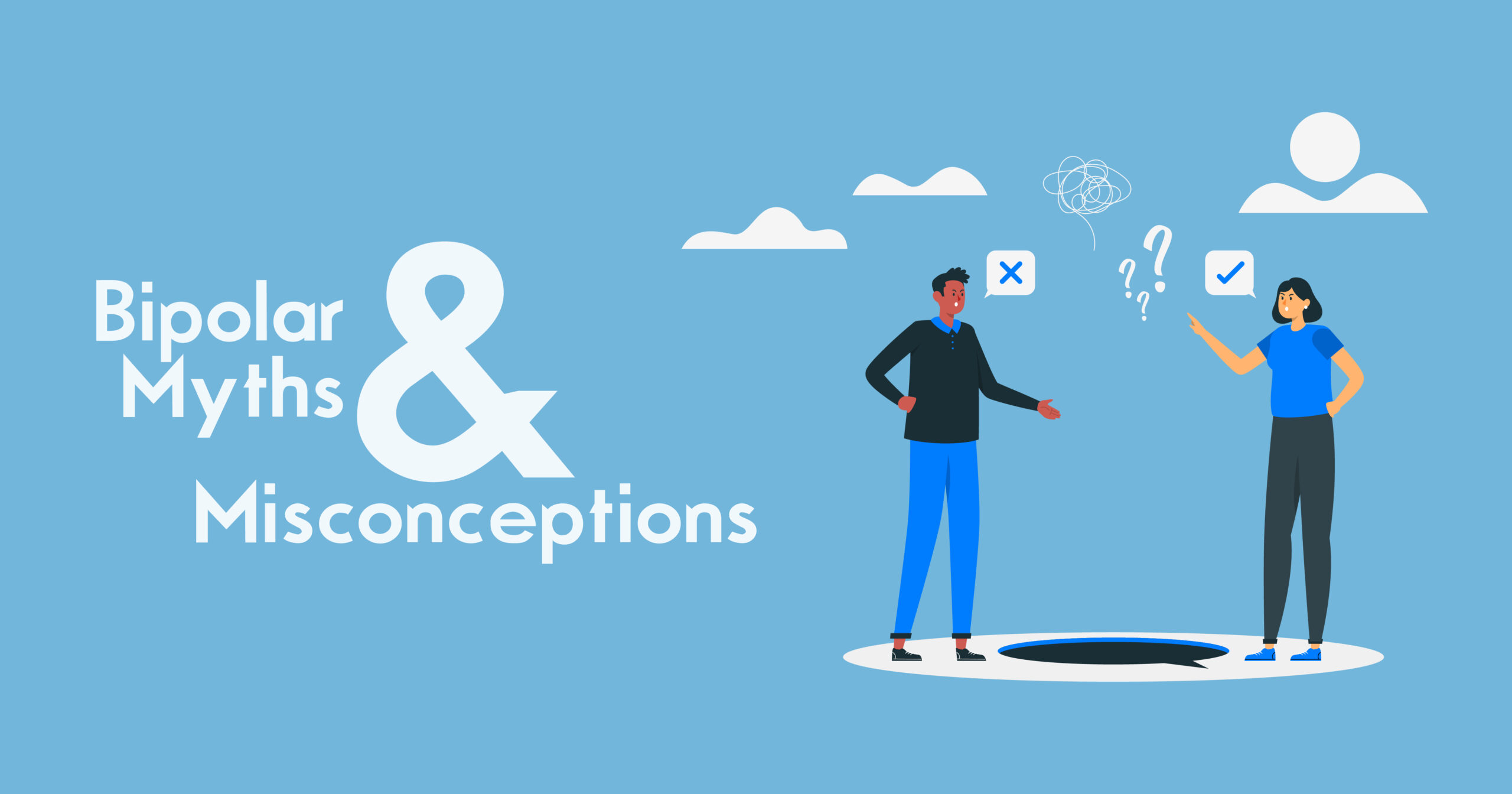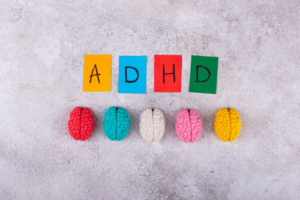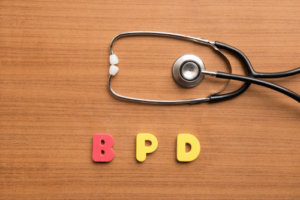Bipolar disorder is a complex mental health condition characterized by significant mood fluctuations, including manic and depressive episodes. Despite increased awareness and understanding in recent years, numerous myths and misconceptions continue to surround bipolar disorder, often leading to stigma, misdiagnosis, and improper treatment. This blog post aims to dispel some of these myths, providing clarity and insight into the reality of living with bipolar disorder.
Myth 1: Bipolar Disorder Is a Rare Condition
Contrary to the belief that bipolar disorder is rare, it is actually quite common, affecting millions worldwide. Studies estimate that up to 2.1% of the global population will experience bipolar disorder at some point in their lives, with similar prevalence rates among men and women. Despite not being the most common mental health disorder, its impact on individuals and communities is profound, often requiring long-term treatment and support.
Myth 2: There’s Only One Type of Bipolar Disorder
Bipolar disorder manifests in various forms, contrary to the misconception that it is a single disorder. The main types include Bipolar I, characterized by at least one manic episode, and Bipolar II, requiring a major depressive episode and a hypomanic episode. Other forms like Cyclothymia and Rapid Cycling also exist, highlighting the diversity of the condition. Understanding the different types is crucial for accurate diagnosis and treatment.
Myth 3: Mood Swings Always Indicate Bipolar Disorder
It’s important to differentiate between normal mood variations and the mood swings associated with bipolar disorder. While most people experience changes in mood, those with bipolar disorder undergo severe, persistent, and distressing fluctuations significantly impacting their daily life. Bipolar disorder involves cycles of mania and depression, often requiring medical intervention to manage effectively.
Myth 4: Bipolar Disorder Means Constant Switching Between Mania and Depression
A common misconception is that individuals with bipolar disorder frequently and rapidly switch between mania and depression. However, bipolar episodes have specific durations: hypomanic episodes last at least four days, manic episodes last at least a week, and depressive episodes two weeks or more. This clarification dispels the notion of daily or hourly mood swings as indicative of bipolar disorder.
Myth 5: Bipolar Disorder Is Just Being Moody
Bipolar disorder’s extreme highs and lows differ significantly from typical moodiness. The condition entails severe changes in energy, activity, and sleep patterns, setting it apart from the mood fluctuations everyone experiences. The high and low phases of bipolar disorder are extreme and often out of context, lasting for extended periods and sometimes requiring hospitalization.
Myth 6: Bipolar Disorder Is Mostly Mania
While mania is a critical component of bipolar disorder, the condition encompasses a broader range of mood disturbances, including hypomania and depression. Episodes with mixed features are also common, where individuals experience both manic/hypomanic and depressive symptoms simultaneously. This broad spectrum of symptoms requires nuanced understanding and treatment approaches.
Myth 7: Mania Is Enjoyable and Harmless
Mania might seem appealing due to heightened energy and activity levels, but it can lead to severe consequences, including risky behavior and impaired judgment. The excitement associated with mania often spirals into irritability and restlessness, highlighting the complexity and potential danger of manic episodes.
Myth 8: Medication Can Be Stopped Once Symptoms Improve
Medication management is a cornerstone of bipolar disorder treatment, aimed at preventing future episodes. Stopping medication without professional guidance can lead to relapse. Combining medication with therapy, lifestyle changes, and support systems forms the most effective treatment strategy.
In Conclusion
Understanding and dispelling myths about bipolar disorder is essential for reducing stigma, promoting accurate diagnosis, and encouraging effective treatment. Awareness and education can empower individuals with bipolar disorder and their loved ones to seek the support and care needed for a fulfilling life. By challenging these misconceptions, we can foster a more inclusive and understanding society.










